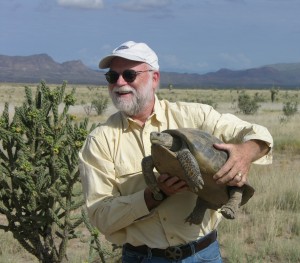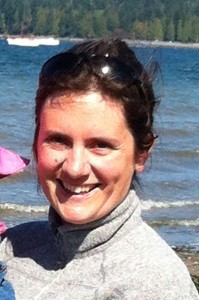CBO Director Leah Gerber, proposes a compromise on a total whaling ban: A market in which whales can by bought and sold.
CBO Director Leah Gerber, proposes a compromise on a total whaling ban: A market in which whales can by bought and sold.
The Doris Duke Conservation Scholars Program at University of Washington is looking for some amazing talent to teach and mentor their Conservation Scholars this summer. Please see the three job announcements attached. The program is focused on training the next generation of conservation leaders. Their vision is a diverse and inclusive conservation community.
In particular, DDCSP is looking for candidates that will resinate with the diversity represented in their scholars.
Job Descriptions:
DDCSP Instructional position 2015 DDCSP TA Position 2015 DDCSP 1-week Instructor Postition2015
Professor, Department of Ecology and Evolutionary Biology, Cornell University

Almost ten years ago a group of us published papers in Nature and American Naturalist that proposed partially restoring the lost North American Pleistocene megafauna with conspecifics or closely related proxies for tortoises, cheetah, elephants, and other species. In this seminar I will summarize our initiative and the subsequent response from conservation biologists and the public, with emphasis on implications for conserving biodiversity on a rapidly changing Earth.
Harry Greene was professor and curator in the Museum of Vertebrate Zoology, University of California, Berkeley, for two decades before moving to Cornell in 1999 where he is professor of ecology and evolutionary biology and curator of herpetology. Harry is president of the American Society of Ichthyologists and Herpetologists. He was elected to the American Academy of Arts and Sciences and is an elected fellow of the American Association for the Advancement of Science and California Academy of Sciences. Harry’s honors include Berkeley’s Distinguished Teaching Award, Cornell’s top teaching award: a Stephen H. Weiss Presidential Fellowship, and the Edward O. Wilson Naturalist Award. In 2014, Business Insider named him one of Cornell’s “Top Ten Professors”. His Snakes:The Evolution of Mystery in Nature, won a PEN Literary Award, garnered a two-page spread in Time magazine, and made the New York Times’ annual list of 100 Most Notable Books.
Tuesday, April 14, 2015
Reception 4:30 p.m.
Talk 5:30 – 7:00 p.m.
 Biodiversity is changing. Or is it? Detecting biodiversity change, and attributing observed changes do drivers of interest, be they succession, disturbance or anthropogenic drivers, is a fundamental challenge in ecological research. These challenges in biodiversity science have been faced for two decades in climate change ecology, and lessons can be learned from climate impacts science about detection and attribution of change. I will present a synthesis of marine biodiversity time-series, and an analysis to detect and attribute recent biodiversity trends. I will emphasize the importance of considering basic ecological knowledge and approaches to consider how we would expect diversity to change through time before we conclude that a particular temporal trajectory is surprising, or before we announce that a particular trend through time is proof of climate change impacts. Finally, I will present research linking herbivore abundance to temperature via metabolic scaling in an attempt to produce prior.
Biodiversity is changing. Or is it? Detecting biodiversity change, and attributing observed changes do drivers of interest, be they succession, disturbance or anthropogenic drivers, is a fundamental challenge in ecological research. These challenges in biodiversity science have been faced for two decades in climate change ecology, and lessons can be learned from climate impacts science about detection and attribution of change. I will present a synthesis of marine biodiversity time-series, and an analysis to detect and attribute recent biodiversity trends. I will emphasize the importance of considering basic ecological knowledge and approaches to consider how we would expect diversity to change through time before we conclude that a particular temporal trajectory is surprising, or before we announce that a particular trend through time is proof of climate change impacts. Finally, I will present research linking herbivore abundance to temperature via metabolic scaling in an attempt to produce prior.
A Hugh Hanson Seminar
Hosted by Leah Gerber, CBO Director and Professor, School of Life Sciences
Thursday March 19, 2015
9:00 am – 6:00 pm
Location: MU 202 Alumni Lounge
Please RSVP to: Jennifer.Fraser@asu.edu